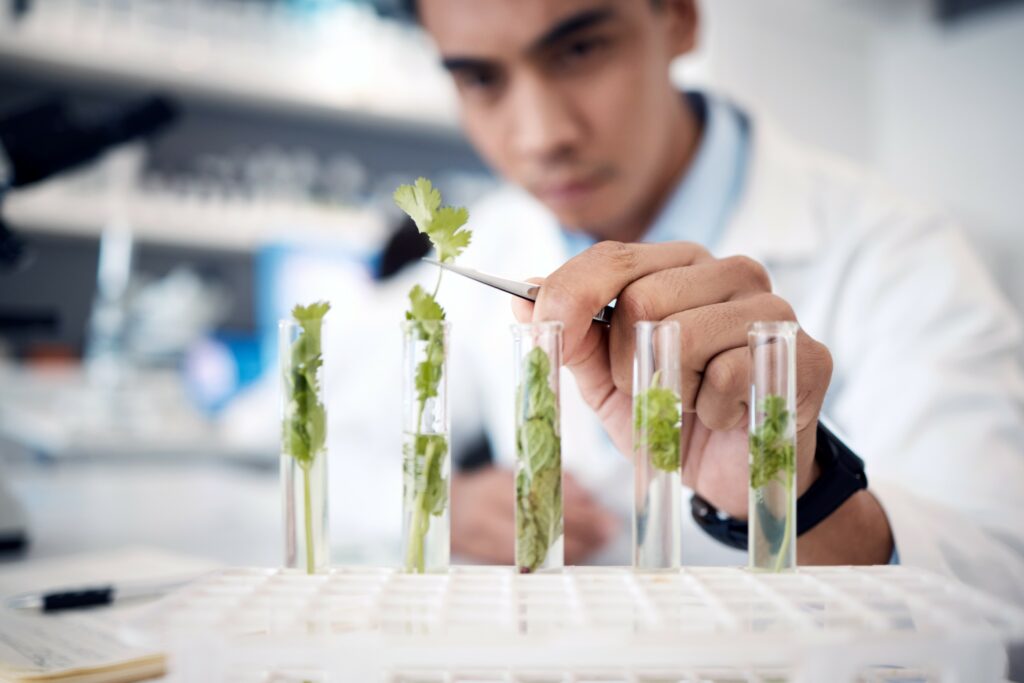
Heavy Rain, Flooding, and Chance of Severe Weather Staring Down the Southern U.S.
January 22, 2024
Posted: February 20, 2023 10:38 am





How You Can Reduce Antimicrobial Resistance
The impacts of climate change stretch far beyond the weather and disruptions to the natural environment. A new report from the United Nations Environment Programme, titled “Bracing for Superbugs,” is demonstrating how climate change is leading to an increase in antimicrobial resistance. Here is what you need to know about this report and the results could impact your long-term health.
The results of the study were presented this month at the Sixth Meeting of the Global Leaders Group on Antimicrobial Resistance in Barbados. Antimicrobial resistance occurs when various viruses, fungi, and bacteria develop the ability to push past the medications used to kill them or hinder their replication. Medical experts have been warning for decades that this resistance will turn many forms of modern medicine obsolete, negating the ability for medication to treat even the most mild to moderate infections.
According to the data presented in the report, approximately 5 million deaths were blamed on antimicrobial resistance in 2019. This number is predicted to soar to about 10 million by 2050 if the resistance is not stopped.
Compared to other nations, the U.S. does a better job treating antimicrobial-resistant infections. According to the U.S. Centers for Disease Control and Prevention (CDC), there are approximately 35,000 deaths attributed to the almost 3 million antimicrobial-resistant infections that present in the U.S. each year.

Antimicrobials are found in many common cleaning products as well as in plant pesticides. Most worrisome is the use of antimicrobials in the medications used to kill germs in humans, animals, and in the agricultural industry.
While resistance to drugs can certainly evolve naturally, using these antimicrobials too frequently can speed up the resistance. This acceleration can have dire consequences on a person’s ability to harness the power of many types of medications, putting them at risk of serious medical complications.
Scientists have been warning for years that the overuse of antibiotics will increase the body’s resistance to these potentially life-saving medications. However, the new study is showing that environmental factors may also accelerate the resistance to antimicrobials.
So what exactly is the relationship between climate change and antimicrobial resistance? The research is now showing that a rise in the overall global temperature is increasing both the rate of new bacterial growth as well as the spread of antibiotic-resistant properties.
Additionally, the severe flooding events of the last several years that have been attributed to global warming can also trigger poor sanitation, an increase in pollution levels, and urban crowding. All of these situations are driving factors behind antimicrobial resistance. For instance, human waste flowing into floodwaters create an ideal environment for bugs to develop resistance and continue to grow.
Not only is this growth of superbugs particularly worrisome to human health, it can also disrupt the overall ecosystem. This destruction triggers a host of negative impacts on the global food system.
Infections that are the result of drug resistance make many types of medical treatments less successful. Some treatments may even be rendered useless by the presence of superbugs that have developed the ability to evade the medications. Experts are growing increasingly worried that these superbugs will continue to find fertile grounds to multiply over time.
The good news is that the human species is not helpless when it comes to fighting back against antimicrobial resistance. The first thing to do is to limit the overuse and misuse of antibiotics. You may have noticed that health care providers have become more judicious in recent years of how readily they prescribe antibiotics. This is because they are aware of the problem of resistance.
It is also important to reduce climate change in an effort to limit antimicrobial resistance. Anything that you can do in your corner of the world to preserve the environment can go a long way in combating many of these pressing issues. The little steps truly add up over time. Educating yourself and those around you about the perils of climate change and how everyone must work together to stop the acceleration is a good first step.
Did you find this content useful? Feel free to bookmark or to post to your timeline for reference later.

January 21, 2024

January 19, 2024

January 18, 2024